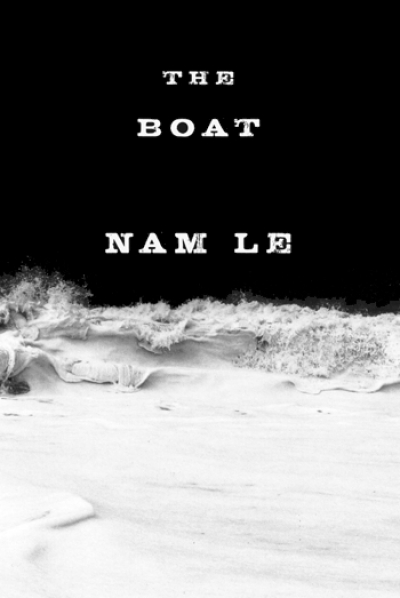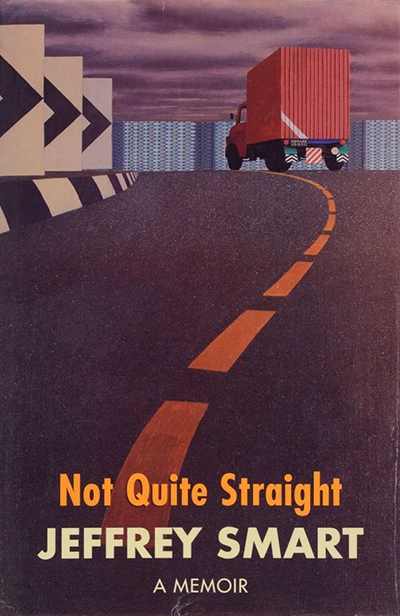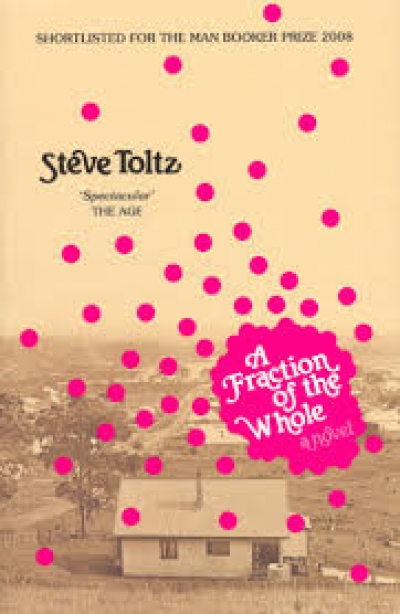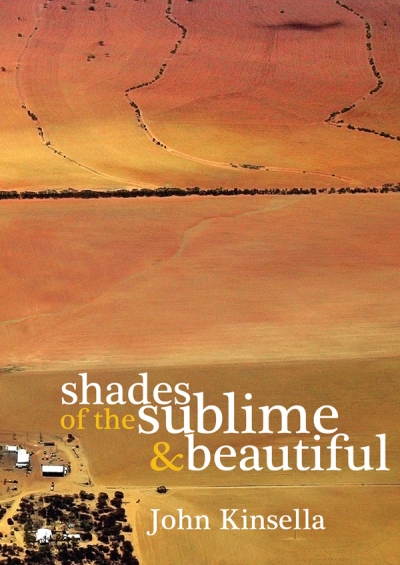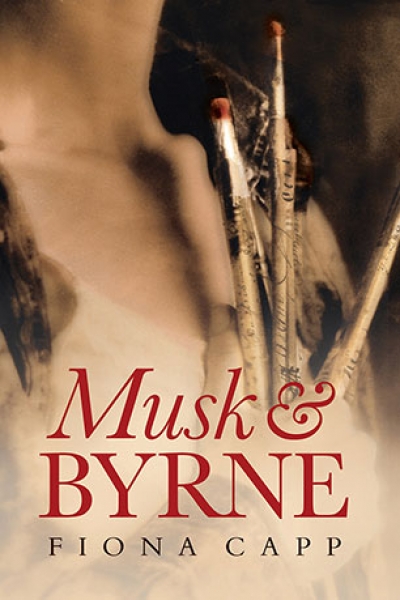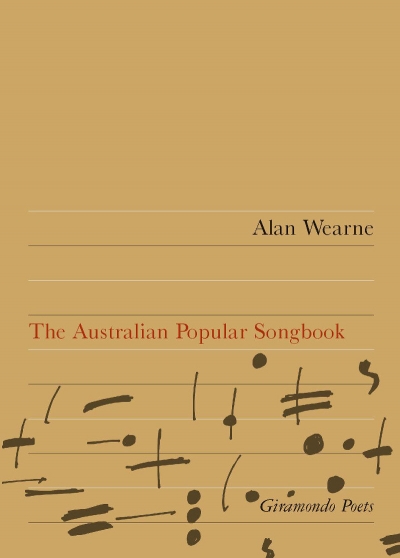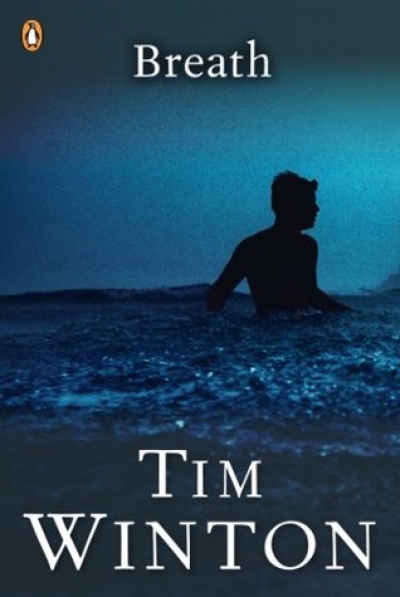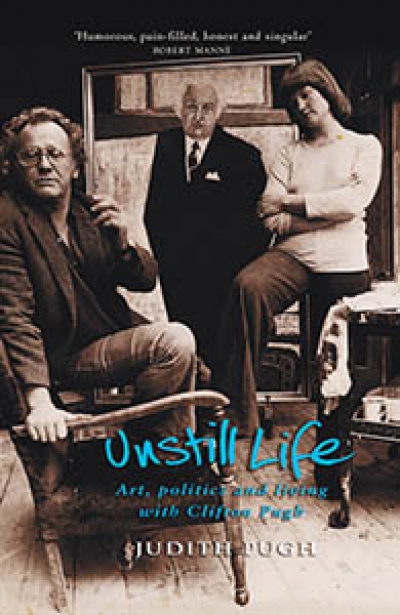Archive
Until this morning
I’ve been woken up
by a red wattle bird
flinging himself
at the glass
of my half-open window
calling throatily
with raucous cheek
as he prances the wood
of my balcony rail ... (read more)
I’ve been woken up
by a red wattle bird
flinging himself
at the glass
of my half-open window
calling throatily
with raucous cheek
as he prances the wood
of my balcony rail ... (read more)
We were never married, Dido.
Cease weeping, let me leave and agree
we both knew real spouses.
Even as the ghost of my precious wife passed
through my clutching arms like mist
Unstill Life by Judith Pugh & Self-Portrait of the Artist’s Wife by Irena Sibley
by Vivien Gaston •

